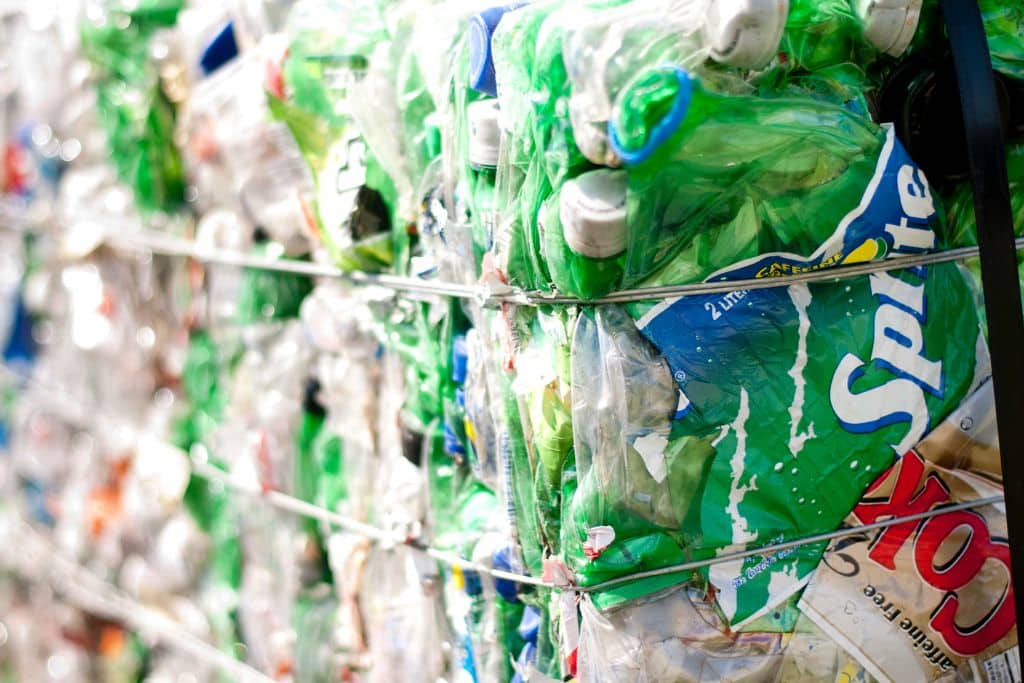The ban is expected to drastically reduce the amount of plastic waste Thailand receives from other nations, which dramatically increased following China’s waste import ban in 2018.
—
A ban on plastic waste imports has come into force in Thailand, two years after it was announced in a bid to control pollution and protect people’s health.
Lawmakers had been discussing the ban since 2020 as they sought to stop the flood of plastic from Western nations that has contributed to hazardous levels of air and water pollution in the country.
Thailand and other developing countries, particularly in Southeast Asia, have acted as the dumping ground for foreign nations’ trash for decades. Until 2017, China was the world’s largest importer of plastic waste, bringing in an average of 8 million tonnes of plastic a year from more than 90 nations around the world. To tackle the pressing plastic pollution crisis, the Chinese government in 2018 introduced an import ban on solid waste, including several types of plastics and other recyclable waste.
Since then, big exporters like the US, which was shipping about 4,000 containers of garbage to China every day before the ban came into effect, rerouted most of their trash to Southeast Asia nations such as Vietnam, Malaysia, and Thailand.
The latter received over 552 million metric tons of plastic waste, pairings, and scrap the year China introduced the ban – ten times higher than the average amount of plastic waste imported before 2015. In 2023, it received over 200 million metric tons, mostly from Japan.
Just like with China, Thailand’s import ban on plastic waste will have repercussions everywhere else, forcing exporting nations to find new ways to deal with their own waste and implement new policies aimed at reducing overall plastic circulation.
Challenges
The ban’s implementation marks an end to the long-standing fight by civil society to protect Thailand from becoming a dumping ground for plastic waste. But according to Penchom Sae-Tang, director of Ecological Alert and Recovery-Thailand (Earth), efficient monitoring and enforcement of the law are essential to prevent waste shipments from illegally entering the country.
[O]ur journey doesn’t conclude here,” said Penchom as she thanked the many civil society groups that tirelessly campaigned for the ban. “We must remain steadfast bastions of vigilance, in partnership with the authorities to ensure laws are not merely words on paper but shields for the wider community.”
Despite the ban, Thailand remains among the ten biggest plastic polluters in the world, generating some 2 million tonnes of plastic waste each year. Only 25% of this waste is recycled. Moreover, at least 50,000 tonnes of uncollected and improperly disposed plastic waste end up in the ocean annually, making Thailand the world’s sixth-largest contributor of marine plastic litter.
Failed Negotiations
Waste is the fourth-largest sector of emissions and plastic alone is set to generate more carbon emissions than coal by 2030, making plastic pollution one of the biggest environmental problems of our lifetime.
To address the issue, the UN in 2022 initiated a process to create a legally binding international treaty aimed at curbing plastic pollution, culminating in last month’s meeting in Busan, South Korea.

The fifth round of negotiations was meant to finalize a treaty framework that would address not only waste management but also the production and design of plastics. However, the talks ended without agreement.
“It is clear there is persisting divergence in critical areas and more time is needed for these areas to be addressed,” UNEP Executive Director Inger Andersen said on the last day of the meeting as she adjourned negotiations to 2025.
More on the topic: The Outcome of the Global Plastic Treaty Negotiations in Busan: A Pivotal Moment or a Missed Opportunity?
Featured image: recycleharmony/Flickr.
This story is funded by readers like you
Our non-profit newsroom provides climate coverage free of charge and advertising. Your one-off or monthly donations play a crucial role in supporting our operations, expanding our reach, and maintaining our editorial independence.
About EO | Mission Statement | Impact & Reach | Write for us














